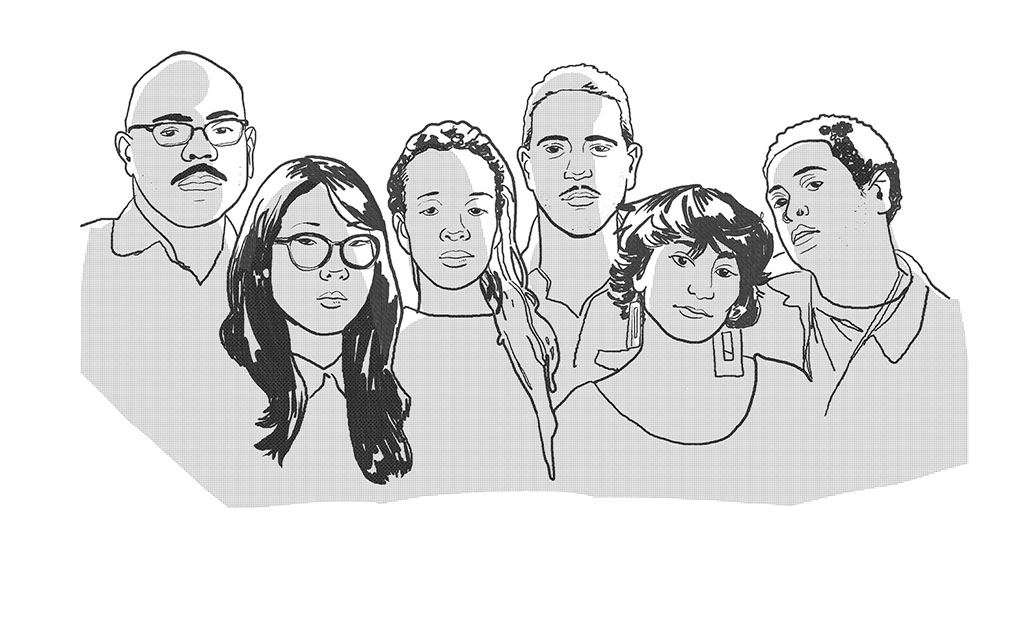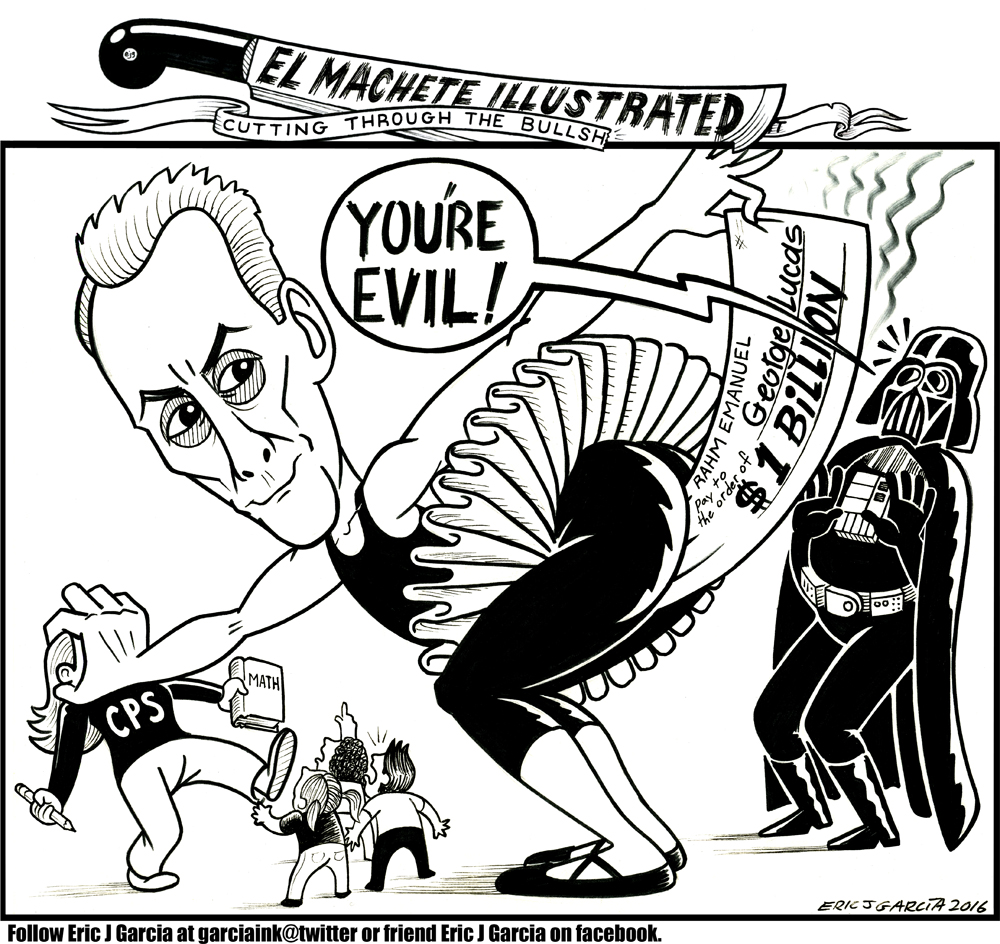
Ride-Hailing Apps May Face Challenges in Chicago
Changes may be afoot for commuters who regularly depend on apps like Uber and Lyft to get around. Chicago cab drivers filed a lawsuit last October, challenging the apps’ lack of driver regulation — an oversight that the cab drivers said gave Uber and Lyft and unfair advantage. City Council will soon vote on an ordinance that would require background checks for all drivers of ride-hailing apps; they are in the midst of hearing arguments from both sides. The Chicago vote comes at the heels of a similar vote in Austin, Texas, which ultimately passed a law requiring drivers to get fingerprinted before hitting the road. This decision ousted Uber and Lyft from Austin entirely, and sets a precedent for any similar outcomes that may arise in other cities. Mayor Rahm Emanuel is on the side of the ride-hailing apps — although it bears noting that his brother is a major investor in Uber.
Canada Forest Fire Provides Grim Reminder of Accelerating Global Climate Change
Fort McMurray — a Canadian city in northern Alberta — was all-but destroyed last week in a forest fire that forced the evacuation of nearly 90,000 people. Wildfires combined with strong wind gusts (up to 30 miles an hour) prolonged the wreckage; fires destroyed more than 25,000 acres of land and decimated over 1,600 buildings. Scientists have cited global climate change as the overwhelming factor in the cause of the atypical fire. Rising temperatures coupled with earlier snow melt and dying trees have made the forests in the Northern Hemisphere particularly vulnerable.
Obama to Stop in Hiroshima
In his tour of Asia this month, President Obama will make a symbolic stop in Hiroshima, Japan. This will make him the first sitting American president to visit the city where the United States dropped an atomic bomb at the end of World War II. The bombing killed more than 100,000 people. The visit has been hotly debated within the White House for months; there are worries that the visit will reopen healing wounds, and that it may be particularly inappropriate as a nuclear threat from North Korea continues to grow. American officials have emphasized in statements that this visit should not be seen as an apology for the bombing.







